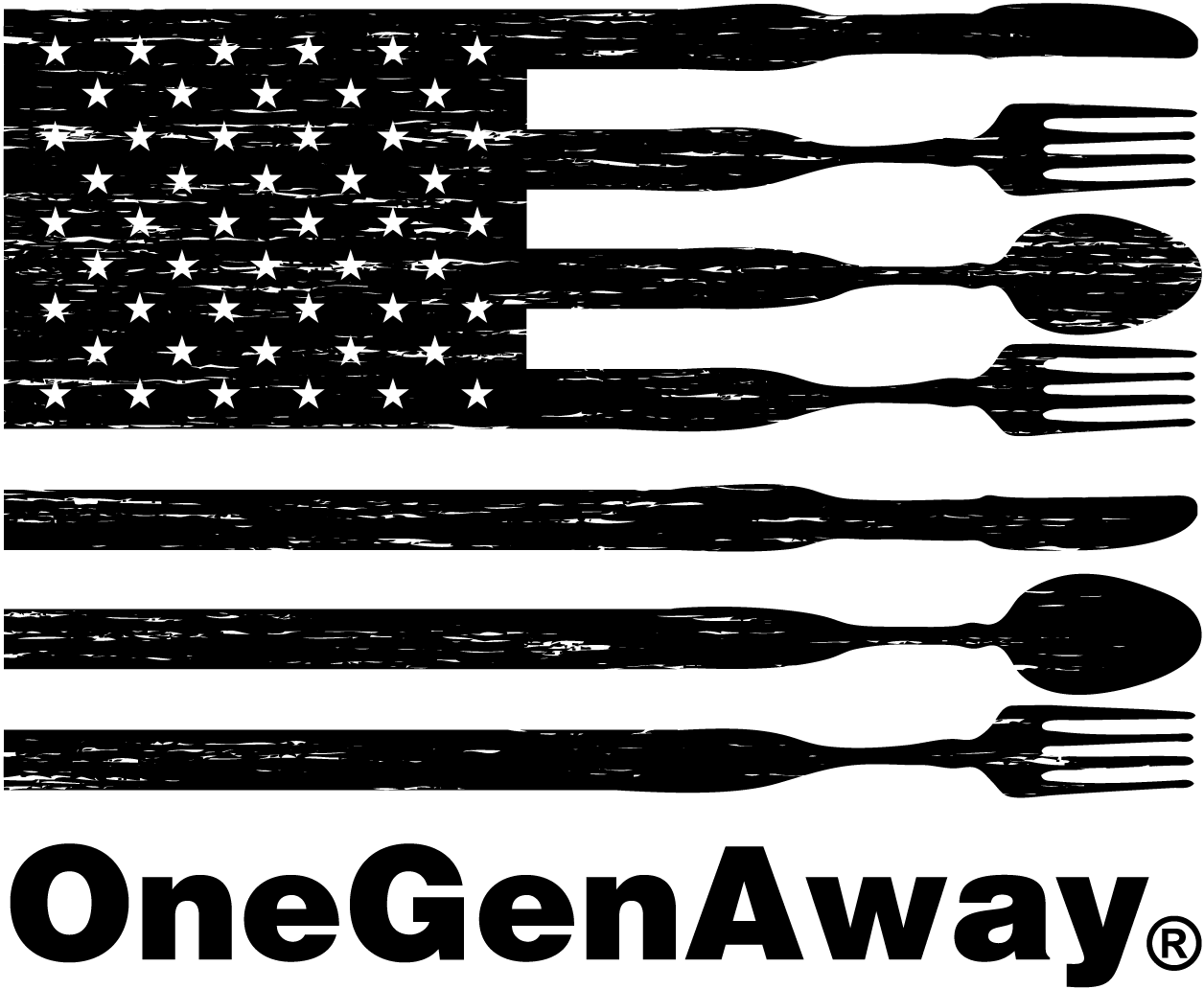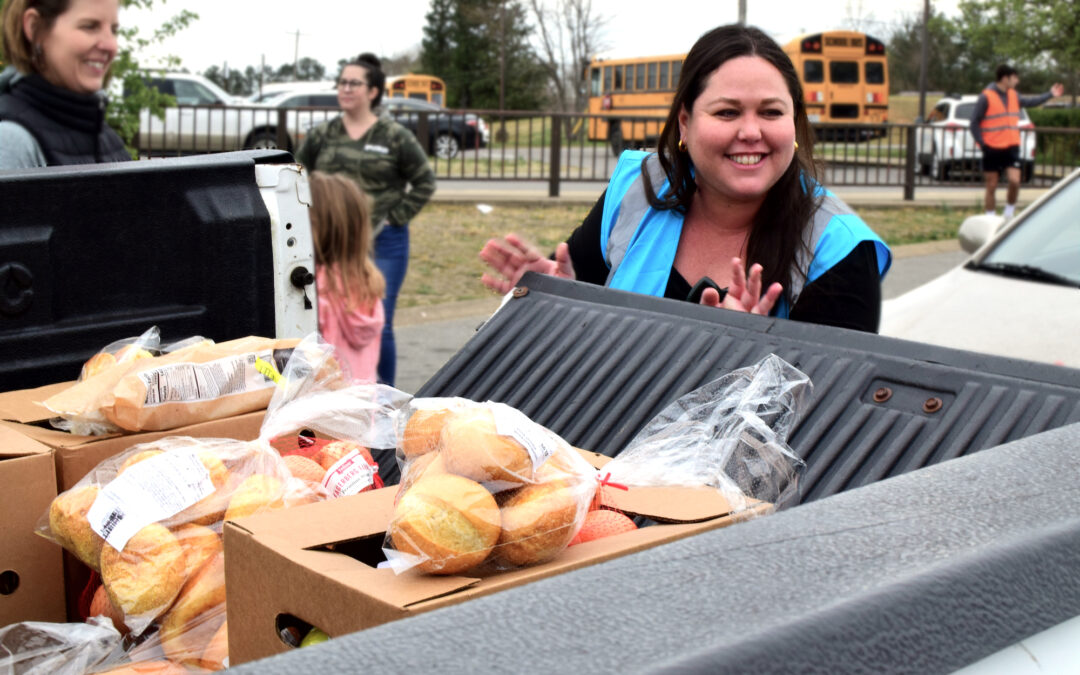It’s hard to ask for help.
So much of American culture preaches independence, self-sufficiency, the ability to stand alone. But we were never meant to be alone.
Right?
At OneGenAway, each day of service is another day of encountering people in places they never thought they’d be, people whose hopes have been dashed, people who feel separated from the rest of the world. Sometimes, it feels like life is doing its darnedest to knock us down and hold us there.
At one of our recent distributions, we met a woman who we’ll call Rachel. She’s known about OneGenAway for a while, but she never needed to come for food before. This was the first time she received.
“I always felt like I’d save it for people that needed it,” she said. “The need really wasn’t there for me, but times are harder now.”
When Rachel drove through the line and volunteers began filling the trunk of her car with fresh fruits and vegetables, grains, proteins, even a couple treats, her relief welled up in her eyes.
“This is so much food.”
And there is the hope.
The thing is, when you feel secure in your life, when you haven’t experienced situations where you are unable to provide for your basic needs, it’s easy to create a single mental narrative, a stereotype about the “types of people who need to ask for help.” But the reality is, life is not so secure as we may think, and the stories are varied.
Over and over again, we hear stories from people who were treading water until a bad wave suddenly pulled them under. A major surgery leads to a long recovery period without work. The family breadwinner suddenly passes away, and now unimaginable grief is mixed with financial anxiety. A flood sweeps a home off its foundation. Gas prices increase, and suddenly even driving to work becomes unaffordable.
These things happen every day, and many times, there’s no prevention method. There’s no fault. There’s no rewind button.
It sounds bleak because it is. But that hope always comes around again, softly posing questions:
“What would it look like if, every time someone is dismantled by a wave, someone else comes searching to see that they reach the surface once more?”
“What would it look like if every empty hand was filled, overflowing from the generosity of one who has enough?”
What would it look like? We’ve seen a glimpse.
Rachel pulled away from our mobile pantry, saying, “There’s enough food here for me to share with someone else.”
And the hope goes on.

